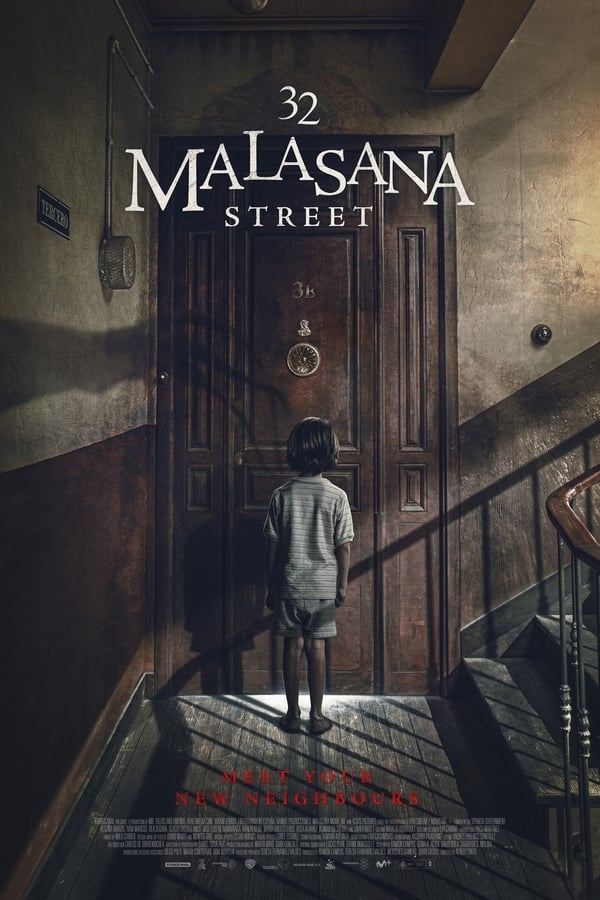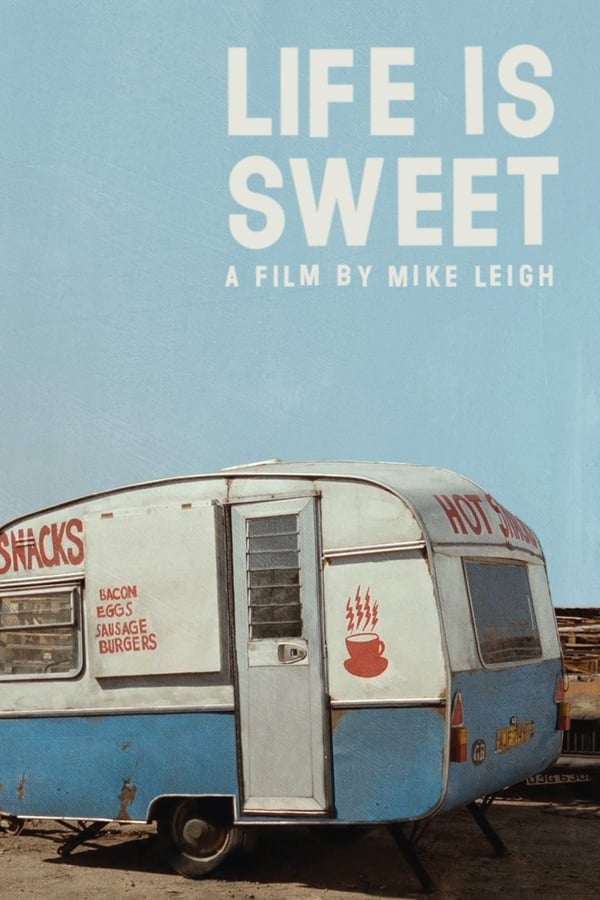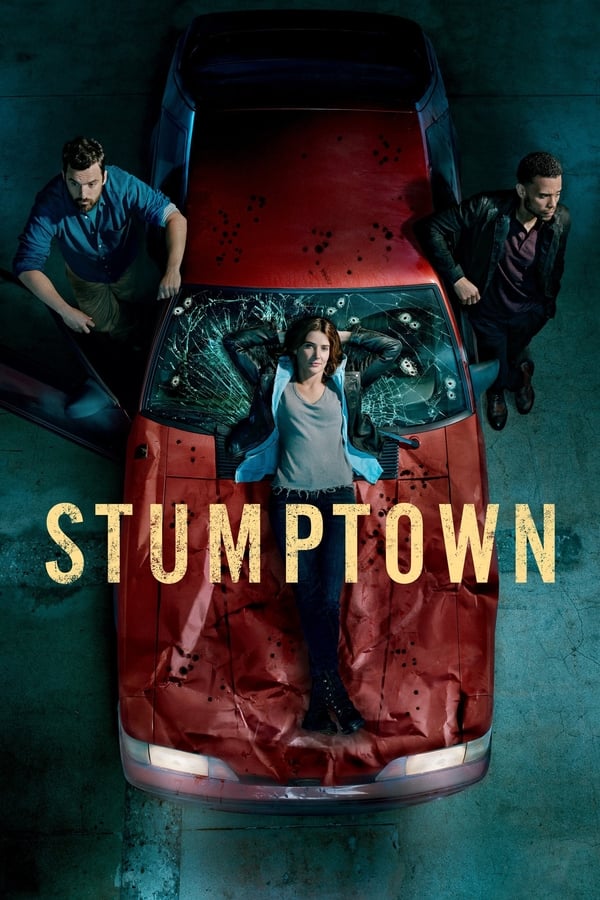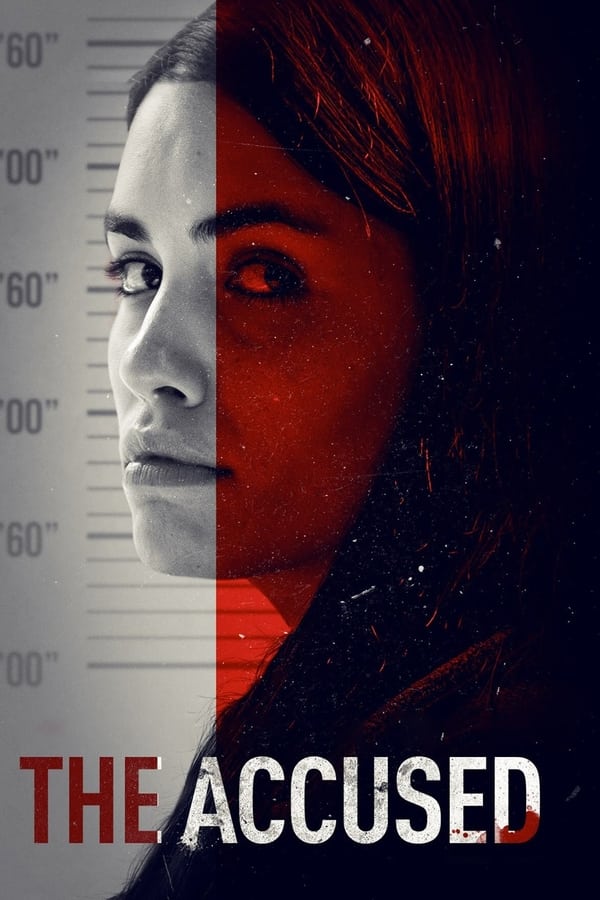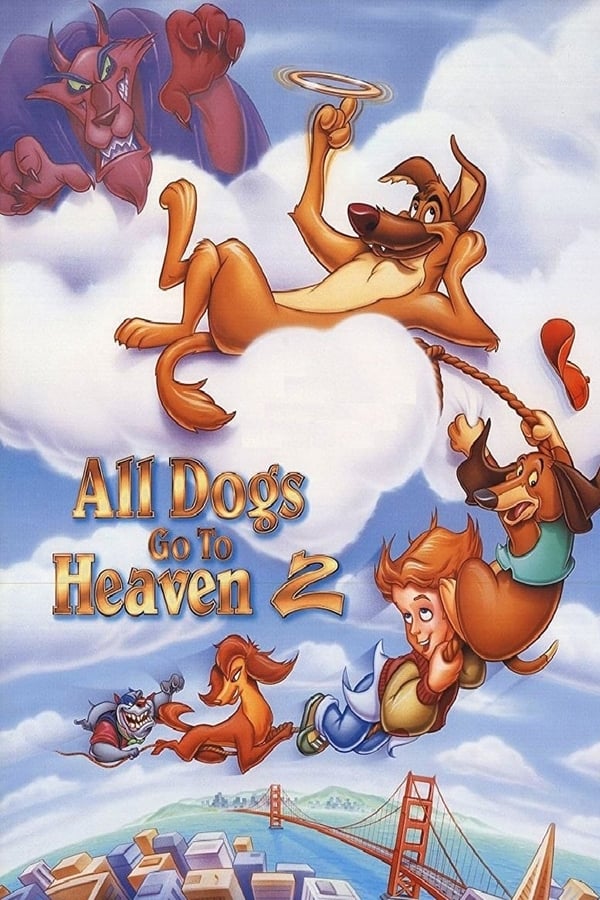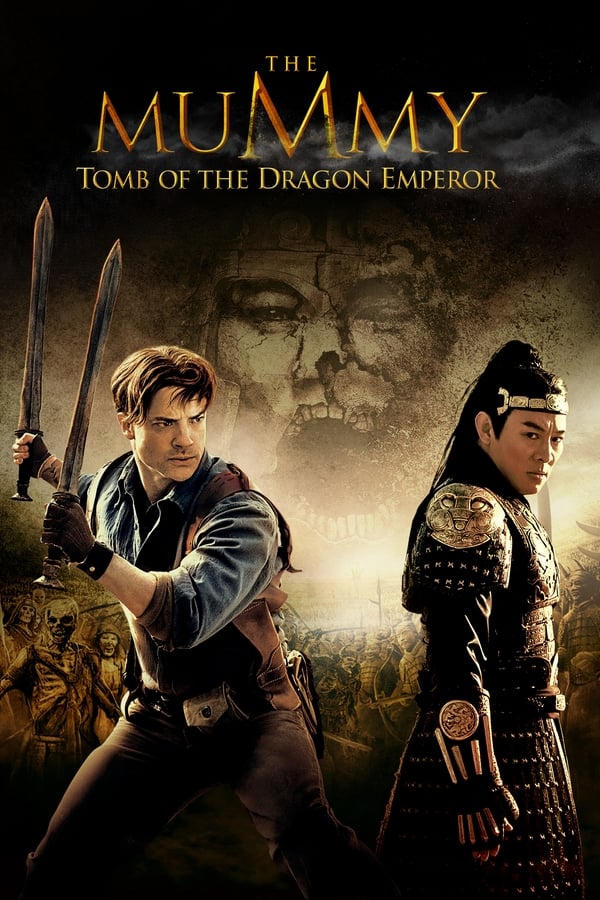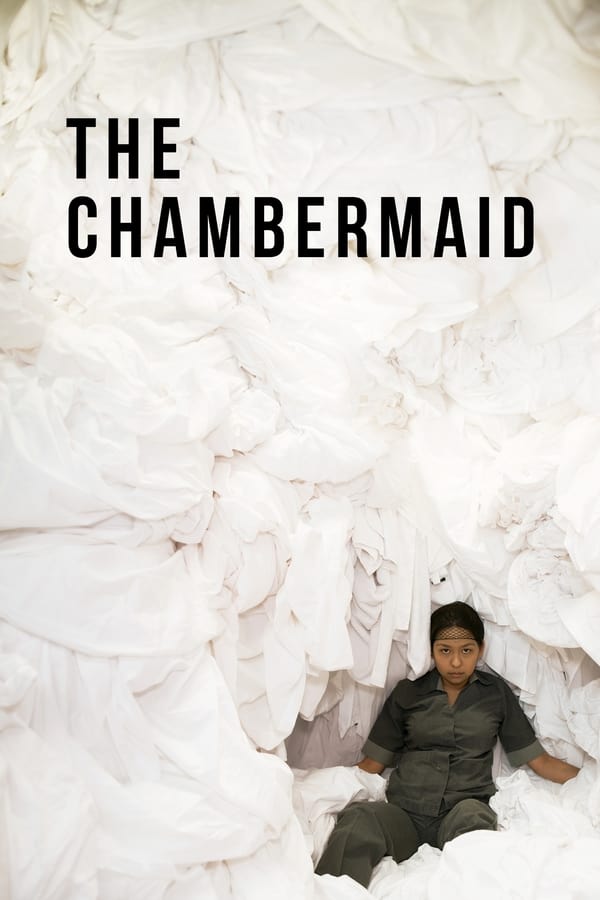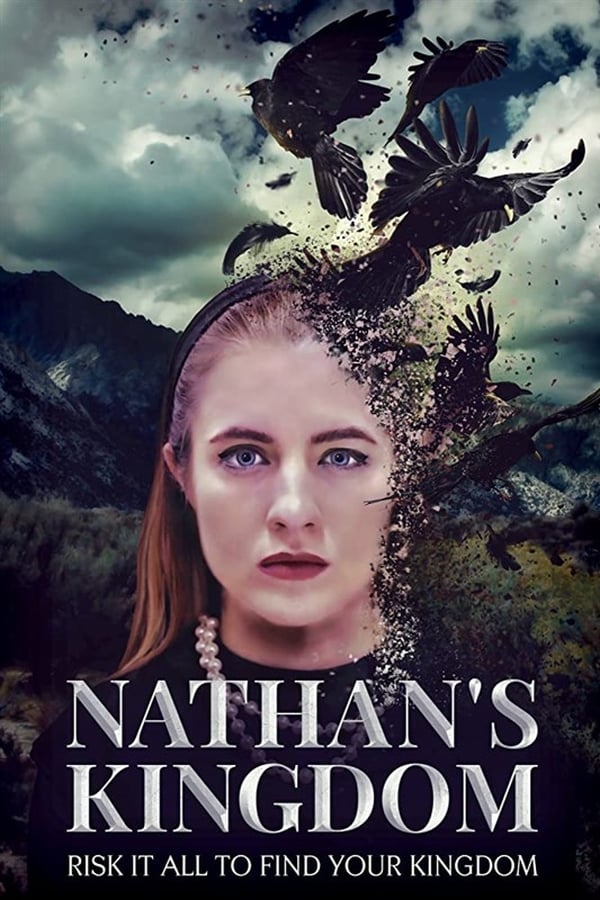Trailer
Toggle light
Comments
70 Views
Report
FavoriteIf current server doesn't work please try other servers below.
Server
Vidsrc
Server
1080P Only No ads
Server
GD
Server
StreamBucket
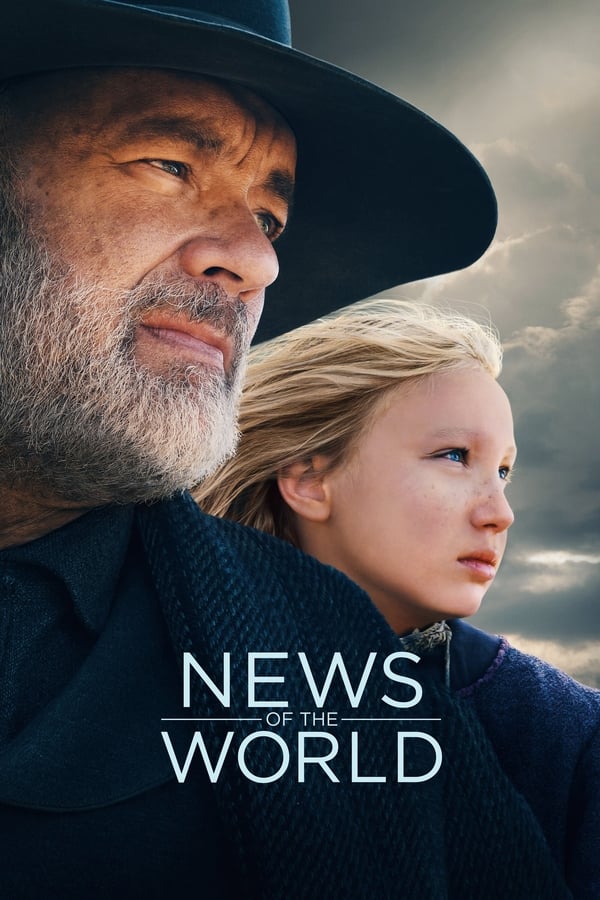
News of the World 2020 Full Movie
News of the World Full Movie
In 1870, Captain Jefferson Kyle Kidd, a former Confederate officer who served in the 3rd Texas Infantry, makes a meager living traveling from town to town in Texas and reading newspaper stories to local residents for an admission fee of ten cents. After departing Wichita Falls, Kidd comes across an overturned wagon on the road and finds the driver, a black freedman, had been lynched. He also finds a young white girl who only speaks Kiowa and wearing a Kiowa dress and boots. Kidd learns from the girl’s paperwork that she is Johanna Leonberger, who had been kidnapped and adopted by Kiowa six years earlier. Union Army troops discovered Johanna while dispersing a Kiowa camp and she was being taken to her living aunt and uncle by the freedman. A passing Union Army patrol instructs Kidd to take the girl to Union officials at an outpost in a town up the road. Kidd has little choice but to acquiesce.
Turning Point
At the town, Kidd is informed that the outpost’s Bureau of Indian Affairs representative will be unavailable for three months. Kidd initially plans to leave Johanna in the care of friends Simon and Doris Boudlin, but accepts responsibility for returning the girl to her family in Castroville, some 400 miles away, after she recklessly tries to run away with a band of traveling Native Americans during a storm. In Dallas, Kidd stops at a local inn run by Ella Gannett, an intimate old acquaintance, whom he discovers speaks Kiowa and learns that Johanna’s adoptive Native American family was also killed, making her “an orphan twice-over.” He also finds out through translation that her Kiowa name is Cicada. After reading the news the next night, Kidd and Johanna are accosted by three ex-Confederate soldiers who want to purchase Johanna from him. Kidd refuses and flees with the girl, but the men pursue him into the wilderness. Despite being outgunned, Kidd is able to kill the men after Johanna points out that the dimes Kidd earned from his work could be used as makeshift ammunition for his shotgun.
Ultimate Sacrifice
On the border of Erath County, Kidd and Johanna are detained by militiamen led by Farley, a racist cattle baron who took over the county and had all non-white residents violently expelled. Farley coerces Kidd into reading propaganda that glorifies him to his workers, but Kidd instead reads a story about a disaster in a Pennsylvania coal mine that whips Farley’s workers into a rebellious fury. Kidd and Johanna make a run for it in the ensuing melee, but are caught by Farley and his henchman. Just as Farley is about to shoot Kidd, Johanna wounds Farley with Kidd’s shotgun, and John Calley, one of Farley’s henchmen who was inspired by Kidd’s words, deals with the other henchman and kills Farley.
As the pair continue their journey, their wagon is wrecked and their horses fatally injured when Kidd loses control on a steep road. Kidd and Johanna proceed on foot. After enduring the heat and a blinding sandstorm, they encounter a traveling group of Kiowa who give Johanna a horse. Saved by that gift, Kidd and Johanna eventually reach the Leonberger farmstead. After speaking with Johanna’s Aunt Anna and Uncle Wilhelm, Kidd reluctantly leaves her with them. He then continues to San Antonio to visit the grave of his wife Maria, who had died of cholera 5 years before while he was away serving in the Confederate Army. As he bids farewell to Maria, Kidd realizes that Johanna has become family to him, and rides back to her and apologizes for leaving her behind.
Resolution
Anna and Wilhelm, though not uncaring, had her tied to a post to prevent Johanna from repeatedly running away. They permit Johanna to go with Kidd, with whom she is clearly much happier after Kidd had recently learned how to speak Kiowa.
Later, Captain Kidd enthusiastically reads the news to an audience in a large hall with Johanna’s assistance, and Kidd introduces her as his daughter Johanna Kidd.
If you’re intrigued by the story of Captain Kidd and Johanna, be sure to watch the full movie adaptation of News of the World. Get ready to immerse yourself in their journey filled with danger, redemption, and the bonds of family that transcend language and culture.
You may also like
×
